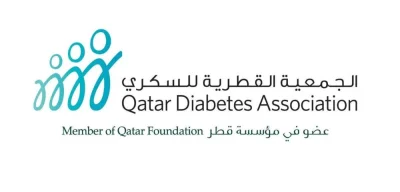Selling bonds in the public market is proving to be too much drama for some companies in the Middle East and North Africa. They’re opting for private placements instead, which can be done in smaller tranches, are quicker to execute and keep companies from having to bare their finances for all to see. They’re also less expensive. Borrowers in the Mena region have raised $3.1bn this way so far in 2018, almost matching last year’s total of $3.8bn, according to data provider Dealogic.
“The new issue market is quite volatile right now and doing a public transaction is a significant logistical exercise – appointing bookrunners, going on a roadshow, plus issuance windows have been fleeting,” said Andy Cairns, the head of global corporate finance at First Abu Dhabi Bank, the UAE’s biggest bank.
Private placements “allow an issuer to reduce execution risk because you are responding to a specific investor request and you will only proceed with the fundraising once all deal terms have been agreed,” he said.
Access to the public bond market became more challenging after an advancing dollar and rising interest rates in the US put an end to a long-running hunt for yield. Borrowing costs for dollar debt in emerging markets rose six straight months through June, the longest run since 1995, according to a Bloomberg Barclays index. It’s been the worst July for corporate bond sales in the Mena region since at least 2007, data compiled by Bloomberg show.
Dealogic compiles data for private placements under international programmes only, which doesn’t include local currency issues. There’s no accepted criteria across the industry for what constitutes a private placement, and estimates of deal volumes varies.
“We have arranged more than $5bn of private placements for Mena issuers over the past two years,” Cairns said. “These are predominantly sold to Asian investors attracted by the relative value that Mena credit offers versus equivalently rated Asian names.”
Arqaam Capital Ltd, a Dubai-based investment bank, is working with five to six companies from the Mena region to raise funds privately, according to Rony Jawhar, a managing director for capital markets advisory.
A majority of Mena’s borrowers are based in the six-nation Gulf Cooperation Council, where most economies rely on revenue from oil to drive growth. Before the plunge in crude prices, companies and government entities preferred the relative ease of raising loans over the public scrutiny involved in selling notes.
But oil’s decline tightened bank liquidity, forcing borrowers to issue bonds to plug widening deficits. Overall Mena bond sales climbed to a record $101bn last year and have risen 12% to $71bn as of August 3 compared with the same period a year ago, according to data compiled by Bloomberg.
Private placements are “very much a growing trend as an alternative source of tapping the debt capital markets and the domestic Saudi riyal market has been a substantial contributor to volume,” said Rizwan Kanji, a partner at law firm King & Spalding. “A privately placed issue also allows issuers with existing public securities the opportunity to carry out an issue without affecting their existing yield curve, which may be a significant advantage to frequent issuers.”

Borrowing costs for dollar debt in emerging markets rose six straight months through June, the longest run since 1995, according to a Bloomberg Barclays index


